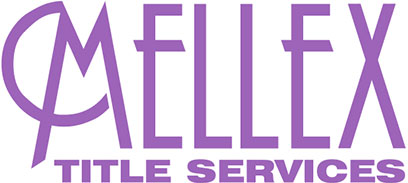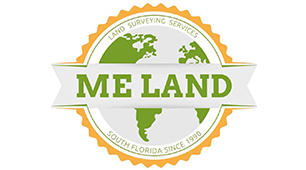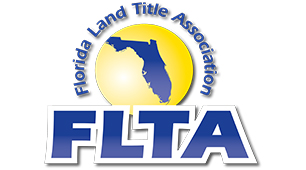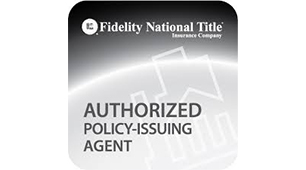What is Title Insurance
After your sales contract has been accepted, we will search the public records to look for any problems with the home’s title. This search typically involves a review of land records going back many years. More than 1/3 of all title searches reveal a title problem that title professionals fix before you go to closing. For instance, a previous owner may have had minor construction done on the property, but never fully paid the contractor. Or the previous owner may have failed to pay local or state taxes. Title professionals seek to resolve problems like these before you go to closing.
What happens if a problem arises after you move in? Sometimes title problems occur that could not be found in the public records or are inadvertently missed in the title search process. To help protect you in these events, it is recommended that you obtain an Owner’s Policy of Title Insurance to insure you against the most unforeseen problems.
Owner’s Title Insurance, called an Owner’s Policy, is usually issued in the amount of the real estate purchase. It is purchased for a one-time fee at closing and lasts for as long as you or your heirs have an interest in the property. Only an Owner’s Policy fully protects the buyer should a covered title problem arise with the title that was not found during the title search. Possible hidden title problems can include:
- Errors or omissions in deeds
- Mistakes in examining records
- Forgery
- Undisclosed heir
An Owner’s Policy provides assurance that your title company will stand behind you — monetarily and with legal defense if needed — if a covered title problem arises after you buy your home. The bottom line is that your title company will be there to help pay valid claims and cover the costs of defending an attack on your title. No matter who pays for the Owner’s Policy, the fee is a one-time fee paid at closing. The Owner’s Policy protects you for as long as you or your heirs have an interest in the property.
There are two types of title insurance: Owner’s title insurance, as mentioned above, and Lenders title insurance, also called a Loan Policy. Most lenders usually require a Loan Policy when they issue you a loan. The Loan Policy is usually based on the dollar amount of your loan. It only protects the lender’s interests in the property should a problem with the title arise. It does not protect the buyer. The policy amount decreases each year and eventually disappears as the loan is paid off. Prices vary from county to state.
I’m refinancing, why do I need title insurance?
When you refinance you are obtaining a new loan, even if you stay with your original lender. Your lender will usually require a new title search and Loan Policy to protect their investment in the property. You will not need to purchase a new Owner’s Policy; the one you bought at closing is good for as long as you and your heirs have an interest in the property.
Even if you recently purchased or refinanced your home, there are some problems that could arise with the title. For instance, you might have incurred a mechanics lien from a contractor who claims he/she has not been paid. Or you might have a judgment placed on your house due to unpaid taxes, homeowner dues, or child support for instance. The lender needs reassurance that the title to the property they are financing is clear.
I’m buying a newly built home, do I need title insurance?
Construction of a new home raises special title problems for the lender and owner. You may think you are the first owner when constructing a home on a purchased lot. However, there were most likely many prior owners of the unimproved land. A title search will uncover any existing liens and a survey will determine the boundaries of the property being purchased. In addition, a builder may have failed to pay subcontractors and suppliers. This could result in the subcontractor or supplier placing a lien on your property. Again, lenders want to be sure the property has clear title, and they are insuring the correct property. Purchasing an Owner’s Policy will protect you against these potential problems and pay for any legal fees involved in defending a claim.
The Buyer must bring to the closing:
Two forms of identification (passport, driver’s license, or state-issued id, Social Security Card)






